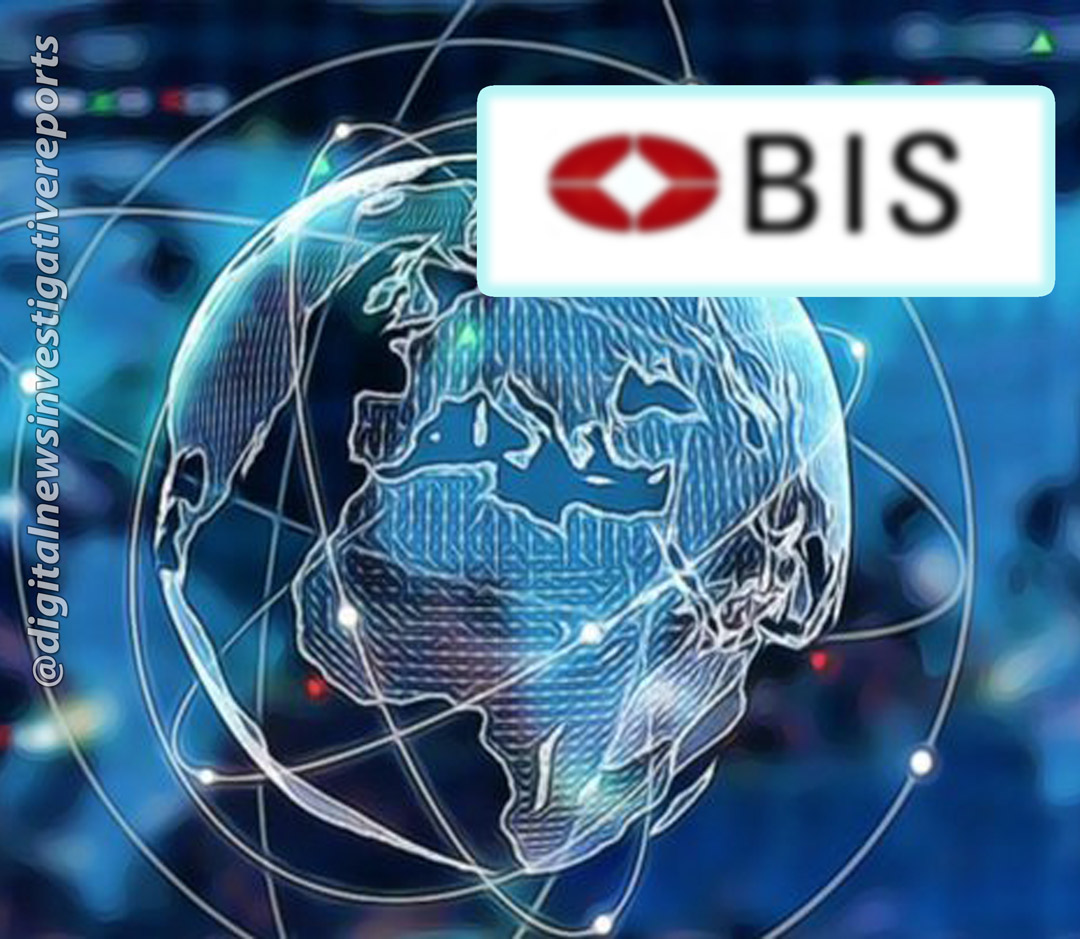 In a bold move to reshape the landscape of tokenization, the Bank for International Settlements (BIS) has advocated for the adoption of a unified ledger system. This groundbreaking proposal seeks to overcome the limitations of current initiatives, which have operated in isolation from central bank money and the essential bedrock of trust it provides.
In a bold move to reshape the landscape of tokenization, the Bank for International Settlements (BIS) has advocated for the adoption of a unified ledger system. This groundbreaking proposal seeks to overcome the limitations of current initiatives, which have operated in isolation from central bank money and the essential bedrock of trust it provides.
Tokenization, the process of representing real-world assets or money digitally, holds immense promise for revolutionizing financial markets. However, its true potential has remained untapped due to the fragmented nature of existing efforts. The lack of integration with central bank money has hindered its widespread adoption and the realization of substantial benefits.
Enter the unified ledger, a novel financial market infrastructure poised to unlock the full power of tokenization. By combining central bank money, tokenized deposits, and tokenized assets on a programmable platform, this unified ledger has the potential to reshape the financial landscape.
Beyond streamlining existing processes and enabling seamless transactions, the unified ledger’s programmability offers a gateway to previously unattainable economic arrangements. This transformative capability holds the key to expanding the universe of possible outcomes, fostering innovation, and driving economic growth.
The envisioned future of tokenization envisions multiple ledgers, each tailored to specific use cases, coexisting harmoniously. These interconnected ledgers, facilitated by application programming interfaces (APIs), ensure interoperability while promoting financial inclusion and leveling the playing field.
The adoption of a unified ledger system represents a paradigm shift in financial infrastructure. Its potential to bridge the gap between traditional and digital finance can spur a wave of innovation, providing a foundation for novel financial products and services that were once unimaginable.
While challenges lie ahead in implementing such a system on a global scale, the BIS’s vision for a unified ledger brings renewed hope and excitement to the world of tokenization. As central banks and financial institutions explore this groundbreaking proposal, the path to a future where the potential of tokenization is fully realized becomes clearer.
In this era of rapid technological advancement, the unified ledger stands as a testament to the transformative power of innovation. As its implementation progresses, the financial world eagerly anticipates the dawn of a new era, where tokenization takes center stage and propels us towards a more inclusive and prosperous future.



